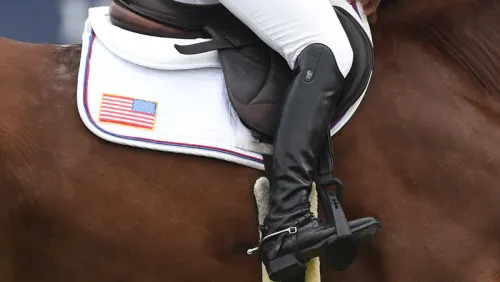On June 5, the Texas Animal Health Commission announced two additional cases on one property in Hidalgo County. Another case involving one horse was discovered on June 9, also in Hidalgo County, though the cases are considered unrelated.
Three horses on two properties were diagnosed with vesicular stomatitis on June 17 in San Patricio County. On June 20, an additional case was diagnosed in Nueces County, Texas. To date, six premises in four Texas counties have been confirmed with vesicular stomatitis.
The TAHC placed all the affected horses under quarantine for a minimum of 21 days. These are the first cases of vesicular stomatitis in Texas since 2009. The last confirmed case in the United States was in California in 2012.
In response, Equine Canada has placed restrictions on horses crossing its boarders. As of June 2, no horses from the state of Texas may enter Canada. If a horse resides in another state, it could not have travelled to Texas in the past 21 days. Any Canadian horses returning from the United States must be inspected within 15 days of crossing and must produce a negative test for vesicular stomatitis using a complement-enzyme linked immunosorbent assay test.
ADVERTISEMENT
Many states have placed restrictions on horses crossing state lines, with most requiring a newer health certificate and prohibiting any horses that have been on quarantined properties within the last 30 days. See the full list of state restrictions.
Vesicular stomatitis is a highly contagious virus and is known to cause blisters and sores in the mouth, on the tongue, muzzle, teats or hooves of horses, cattle, swine, sheep, goats and llamas. The virus thought to be spread by insects, saliva and open wounds with an incubation period of two to eight days.














